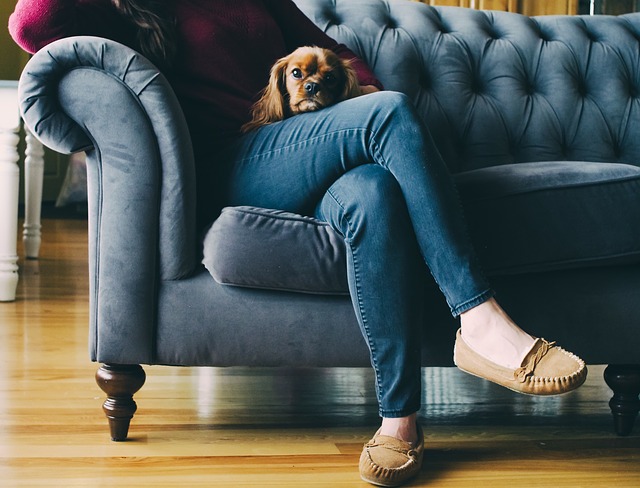
5 reasons why buying a house in not a sound investment
The common refrain you hear from home buyers is that “their house is an investment.” However, unless you are buying multiple houses to fix and sell, or to lease out, buying a home as an investment is not a particularly promising idea.
Although there are a lot of benefits from owning a home, making money just by owning it is not one of them.
Inflationary caution
Over the last century, housing prices have increased dramatically giving a false sense of increased value. The truth of the matter, is that housing prices have only increased to match the inflation. There have been times when the prices were higher, but the 100-year trend has stayed relatively stable.
In other words, if you buy a house as an investment and then sell it 20 or 40 years later, it’s worth will be approximately the same as when you bought it. Of course, that doesn’t include improvements, changes and the current state of the market when you buy and when you sell, but it is valuable as a generalization.
The real value of a home
The primary purpose of a house is to provide shelter, not to make money. Because it is not as fungible as stocks and bonds, rental properties or collectibles, it may make it difficult to sell when the market peaks. Your home is your shelter and replacing it can be difficult.
That means that selling it requires planning and forethought. If the housing market hits a yearly high tomorrow, it won’t give you enough time to relocate your family, put your house on the market and sell it before the market loses its volatility. Most good investments can be divested in a brief period if the market peaks.
Why homes are not good investments
If the previous reasons weren’t good enough, here is a list of other reasons that homes, although having intrinsic value, make poor investments:
- Homes don’t generate cash flow. We aren’t talking about rental properties here. Those are an entirely different kettle of fish. If you are using your home as a residence – of course you are – it is not making money. It may be saving you money that would be spent as rent or the mortgage of a different house, but it does not generate a positive cash flow. It doesn’t generate any cash flow. As a matter of fact, it does the opposite.
- Carrying costs. Your home requires an ongoing infusion of cash. While most investments make money for the owners, homes cost money. Taxes, mortgage payments, insurance, repairs and the list goes on and on. Rental properties have the same carrying costs, but they should generate a positive cash flow to mitigate the costs.
- Equity can be a double-edged sword. As you know, there’s two types of home financing: short and long term home financing and regardless which one you choose in order to buy your house, you will eventually build equity in it. Equity has real value, but only it is used. Having $100,000 worth of equity in your home doesn’t mean you have $100,000 or even $1, it means that you have that much worth of investment that you can borrow against. Borrowing against your equity – refinancing or taking out an additional mortgage – will put the money in your hands but lowers the equity value in your home, until it has been paid off. The more you borrow against it, the less it is worth.
Now, buying a home is not a bad idea. In fact, it is a very good one. When the time comes that you want to settle down, add some permanence in your life and give your family security and shelter, there is no better way than to buy a home. That doesn’t make it a sound investment, however, that simply makes it a good idea.